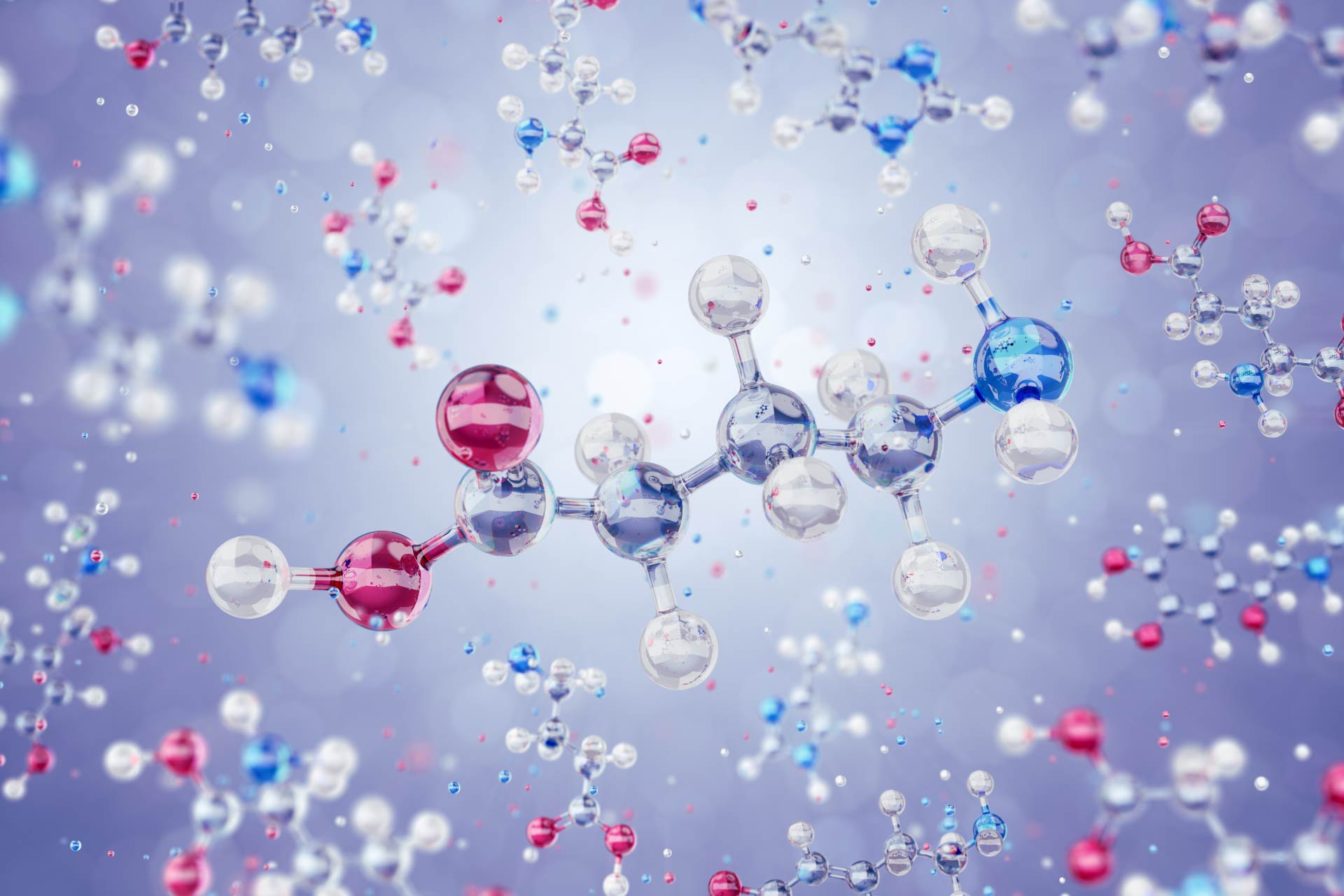• Links with mental health
• Microbiota modulation
What is already known on this topic
Gamma aminobutyric acid, or GABA, is a neurotransmitter that reduces neural activity in the brain, and it plays a key role in anxiety and depression disorders. Several studies suggest that increased GABA levels in the human gut could be due to bacteria such as Bifidobacteria and Lactobacilli, which are able to metabolize monosodium glutamate from the diet. But whether gut-derived Bifidobacteria can produce GABA is still unclear.What this research adds
By measuring the GABA levels generated by more than 80 bifidobacterial strains, researchers have found that some microbes produce high levels of the inhibitory neurotransmitter. Working in rats, the researchers found that two strains of B. adolescentis are able to stimulate GABA production. By analyzing two public human gut microbiome datasets, the team also revealed an association between the levels of B. adolescentis in children’s gut and mental health conditions such as depression.Conclusion
The findings suggest that Bifidobacterium strains can modulate the intestinal microbiota of rats, favoring the bacteria that are able to synthesize GABA. The study also supports the idea that probiotic bacteria such as Bifidobacteria contribute to the relationship between the gut and the brain.
Scientists have linked the gut microbiota to mental health conditions ranging from autism to Alzheimer’s disease. Now a new study suggests that strains of a particular microbe could boost the production of gamma aminobutyric acid, or GABA—a neurotransmitter that plays a key role in anxiety and depression disorders.
The findings, published in Scientific Reports, suggest that Bifidobacterium strains can modulate the intestinal microbiota of rats, favoring the bacteria that are able to synthesize GABA. The study also supports the idea that probiotic bacteria such as Bifidobacteria contribute to the relationship between the gut and the brain.
Previous research has suggested that Bifidobacteria and Lactobacilli, which are able to metabolize monosodium glutamate from the diet, can lead to increased GABA levels in the human gut. But whether gut-derived Bifidobacteria can produce GABA is still unclear.
To understand which bifidobacteria strains can produce GABA, a team of researchers led by Patricia Ruas-Madiedo at the Instituto de Investigación Sanitaria del Principado de Asturias and Francesca Turroni at the University of Parma analyzed the DNA of 1,022 bifidobacterial strains. Then, they coupled this information with an analysis of the levels of GABA generated by some of these bacteria.
Links with mental health
The DNA analysis revealed that more than 80 strains, including species of human origin such as Bifidobacterium adolescentis, B. dentium, and B. angulatum, encoded two genes involved in GABA production.
Since B. adolescentis bacteria are found in the human gut, the researchers set out to investigate the presence of the DNA of this microbe in two public human gut microbiome datasets related to anxiety and depression. Anxious and depressed children had high levels of B. adolescentis, the team found.
To assess the production of GABA in B. adolescentis species, the researchers analyzed 82 bifidobacterial strains that had been isolated from fecal samples or colon biopsy of healthy people. More than 23% of the B. adolescentis strains analyzed were classified as GABA producers, since they were able to convert about 65% of monosodium glutamate to GABA.
Microbiota modulation
Next, the team administered two strains of B. adolescentis, called PRL2019 and HD17T2H, to healthy rats. Animals treated with either strain had higher levels of GABA compared to those that were not given any bifidobacterial strain.
However, GABA levels were increased also in rats fed a B. adolescentis strain that is unable to metabolize monosodium glutamate. This suggests that, rather than producing GABA themselves, these Bifidobacterium strains modulate the intestinal microbiota of rats, favoring the bacteria that are able to synthesize the neurotransmitter, the researchers say.
The findings, they add, “contribute the expanding of the current knowledge about a possible role of B. adolescentis in the modulation of the gut microbiota-brain axis, since PRL2019 and HD17T2H strains represent intriguing GABA-producing gut microbes isolated from humans.”









